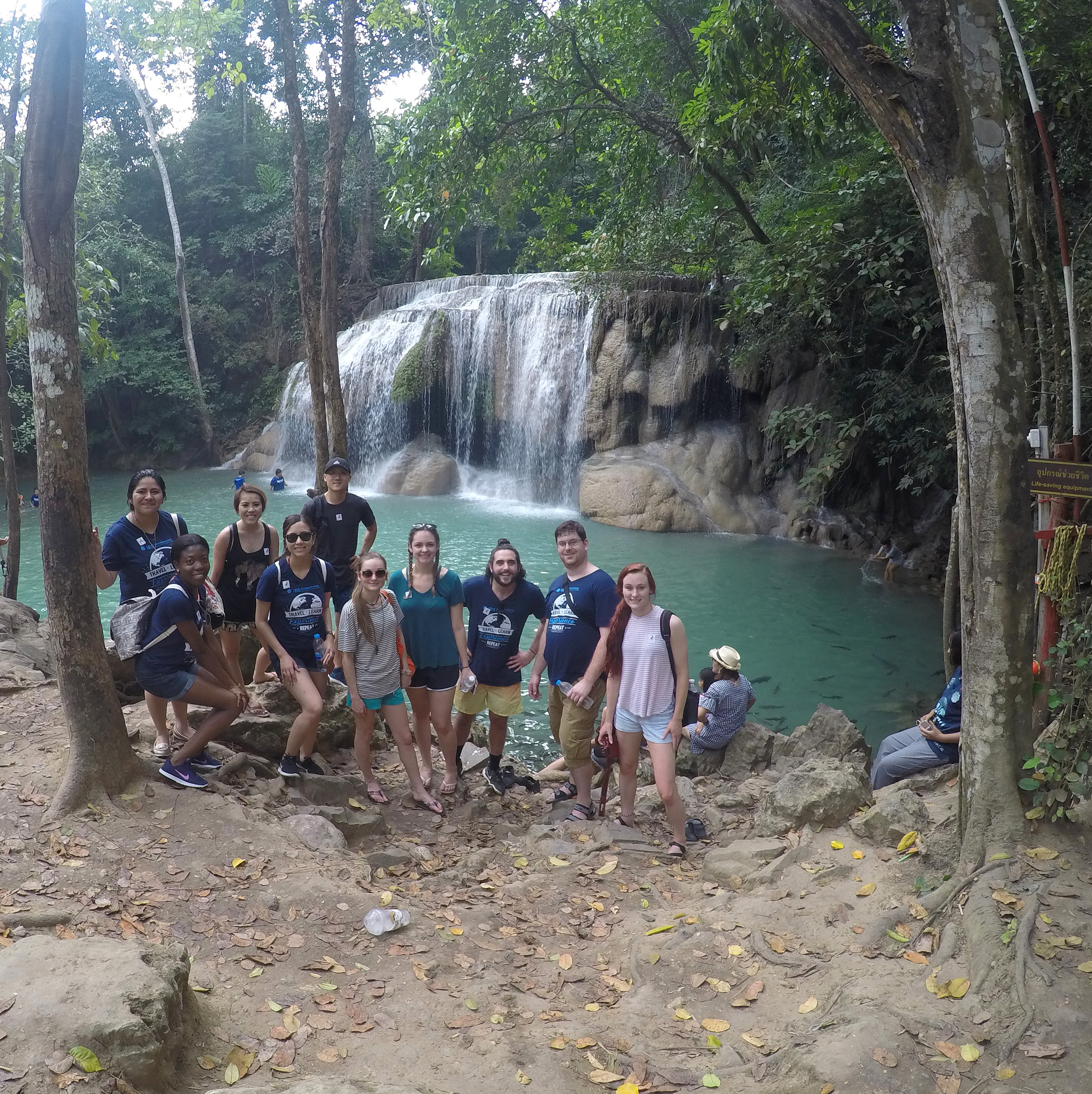Why Choose a Non-Traditional Study Abroad Program
Education has changed over the last few decades, and so has the business world. With the growing capabilities of the internet, it is easier than ever for businesses to span continents, countries and cultures. With the ever-growing changes in the ways and places businesses operate, there seems to be an expectation for students to follow along.
In the past, traditional study abroad programs were the best way for students to become more culturally aware. Today, however, non-traditional study abroad programs seem to offer even more benefits to students. Instead of focusing for a long period of time on only one location and learning about its culture, language and business environment, shorter programs allow for a multi-faceted focus.
Shorter in length
One dramatic difference between a traditional study abroad program and a non-traditional program is length of the trip. Though many students long for the opportunity to live in another country, taking the time off from a job, other courses or family responsibilities make this difficult. Short-term study abroad programs average between 10 – 23 days making it much simpler for students to commit. Undergraduate and graduate students alike have appreciated the opportunity to take part in this type of condensed yet experience-packed program.
The shorter length of the program does not mean that the learning will be less. In fact, many of these shorter programs offer more intense learning experiences in more than one location. Some offer learning in as many as 6 different locations. Visiting several locations during the course of the seminar brings with it the benefit of noted similarities. Upon completion of the program, students have said that instead of looking only at differences, they were able to instead realize that there are, indeed, similarities in every culture.
More In-Depth Experiences

One might ask just how a shorter study abroad can result in longer experiences. The inequality has something to do with the value placed on time. Students who are enrolled in a traditional study abroad tend to acclimate to their new environment tentatively. At times, the process looks much like a flower unfurling in the sunshine. Conversely, students in a short-term study abroad program tend to hit the ground running. To some, it may even appear that these students are running at top speed as they gather as many experiences and as much information as possible.
While there is not a right or wrong way to do a study abroad program, students with a shorter timeline do tend to have programs filled with longer lasting, more memorable experiences as they are not spread out over months on end.
Faster in Friendships
There is something about a shared experience involving lengthy travel, cultural dining, 4-star hotel rooms and crossing the borders of many countries that lends itself to fast friendships that last a lifetime. Instead of having plenty of time to make friends in a leisurely fashion, many lifelong friendships are cemented in only one day as students step out of their comfort zones and into a new world of intense learning experiences. The continued fast pace including the perfect mix of educational excursions and free time adds great shared memories to these new friendships.
Many students also make networking connections that will be valuable to a future career. These connections are made in multiple cities and countries instead of only in the static location of a traditional study abroad program. Such networking opportunities become extremely important down the road and can even help students land that dream job upon graduation.
Slower in Classroom-Based learning
Classroom-based learning may be the norm for education, but it is not always the best way to learn. Traditional study abroad programs and shorter-term programs differ greatly when it comes to the amount of classroom time experienced. Because there is much less time to learn, each day of a multi-country study abroad program is packed with different types of learning opportunities. These include experiences with successful global companies, lectures given by well-known industry specialists. Add to this unforgettable tour destinations in other countries and learning becomes even more complete. To enhance the learning process, some programs also provide students with access to personal advisors who can assist with any concerns, processes or questions.
Engage in a Study Abroad Built for the Global Economy
While some students still benefit from full cultural and language immersion offered in a traditional study abroad program, many are finding that diversifying into a shorter multi-country study abroad program is the best way to learn about different cultures, cities, countries and ways of doing business. Students who have completed such programs successfully frequently speak about the life-changing experience that helped them to look at the world with new eyes. Engagement in the international marketplace is essential to businesses today. As such, non-traditional study abroad programs are more helpful for students looking to more fully understand more about the world and its unique cultures.

